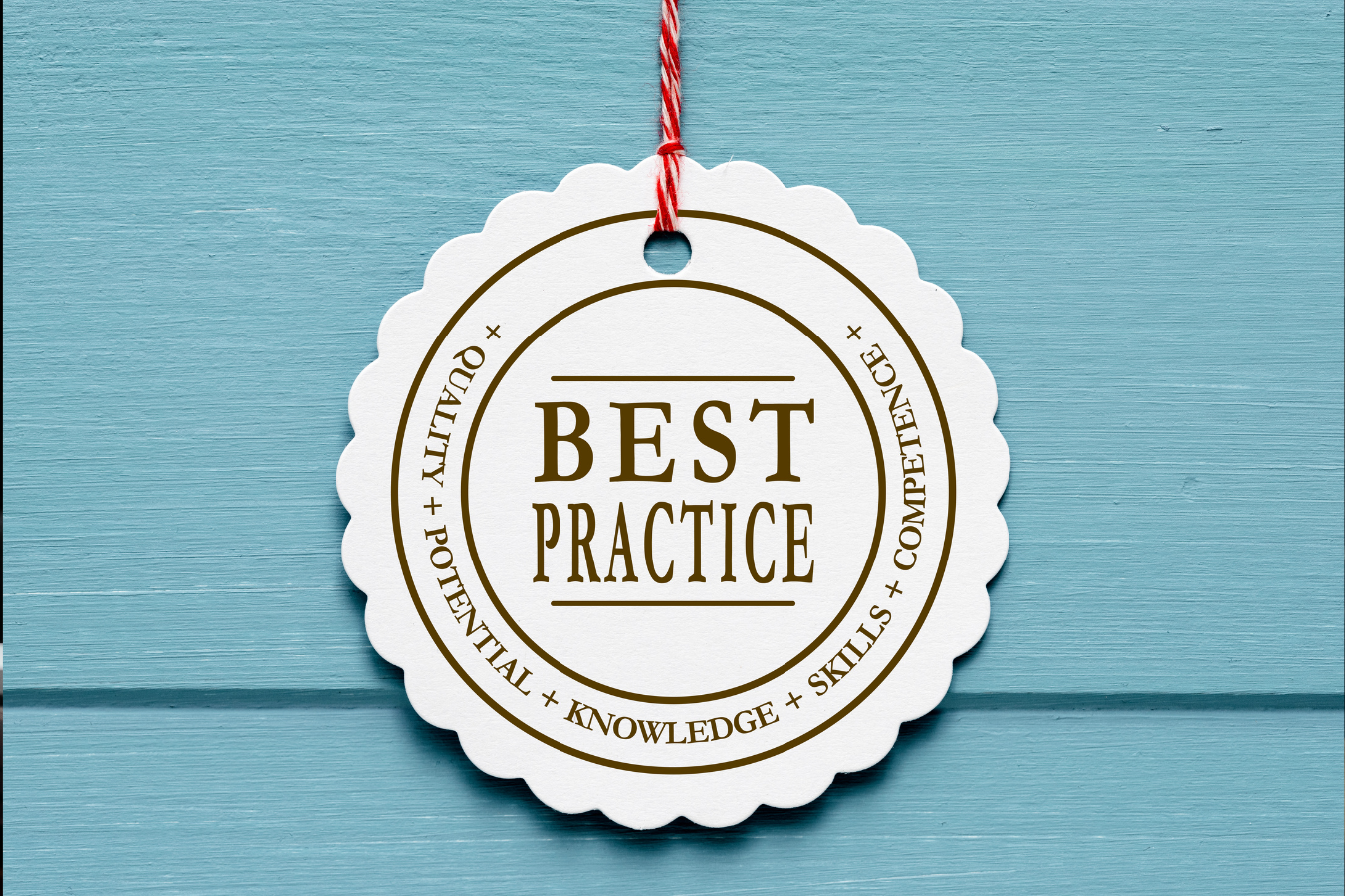Practical Advice for Successful Networking
We have talked in a previous blog post about the value of networking and behind-the-scenes thinking or perspectives we encourage you to take when thinking about networking, but all this ephemeral stuff ultimately must come down to the practical: actually networking. In this blog post, we focus on practical advice for engaging in networking opportunities by giving suggestions on how to dress and how to behave for success.
Dressing the part
The clothes you wear are only partially about how you look. While you want to look good when attending networking events, how you feel in your clothes is just as important, if not more important. How you feel about yourself and about how you present yourself is a really important foundation for employing successful behaviours.
Dress appropriately: There will be expectations of dress for most events you participate in, whether it is overtly about networking or not. What is appropriate in one environment might not be appropriate in another. Take the time to understand what the expected dress code of the event is. If you’re not sure, it’s okay to ask. One recommendation is that it’s better to slightly overdress than to underdress.
Fit and Comfort: Wear clothing that fits well and that you are comfortable in. If you feel comfortable in your clothes and feel good about what you are wearing, you are more likely to behave with confidence. Poorly fitting clothes can be distracting and can lower your self-confidence.
Details matter: Small details can have a big impact. Dress with intention and use this opportunity to share your personality through the accessories or style of clothing you choose. We also recommend that you polish your shoes, iron your clothes, and pay attention to personal grooming. Taking time to wash and dress yourself with intention demonstrates attention to detail and respect for yourself and others.
Successful Behaviour
Once you have your foundation built, you can start to work on the behaviours that will lead to successful networking experiences. Here we provide a few recommendations for things you can actively do that will help you get everything you can out of networking opportunities.
Prepare yourself mentally: Make sure you know what your objectives for the event are ahead of time. Are you looking to meet people with specific roles or experience? Are you looking for research or career opportunities? Are you just looking to expand your network? Understanding your purpose in attending will help guide your interactions and conversations.
Be a conversation starter: This part can be really hard. Walking up to people you have never met before and who might already be in a conversation with one or more other people can be daunting. You can do it! Remember, the other people are there because they want to meet and engage with people, including you. Take the initiative to introduce yourself in a friendly and curious manner.
Be friendly and genuinely interested: Show interest in each person you speak with. Ask open-ended questions that encourage meaningful conversation and listen actively to what they say.
Share your story: Be prepared to share who you are, what you do, and what sets you apart. Take time beforehand to craft the ‘elevator pitch’ that sells you to whomever you are talking to. This is an opportunity to share your achievements, experiences, and goals in a way that resonates with others.
As an undergraduate student, I spent a lot of time in the office hours of one of my medieval history lecturers. This led to us building an excellent rapport that lasts to today, over 20 years after I was his student. I have been able to ask his advice on academic and career options and opportunities during this time, which has been invaluable for me. The relationship has also come full circle, as he recently asked me for advice on teaching information within my own field of study.
Follow up: The end of the event is not the end of networking. It’s the start of the next phase of networking – relationship building. If you connected via social media during the event, follow up in a reasonable amount of time afterwards. Send personalized messages that express your appreciation for the conversation you had with them and your interest in staying connected.
In Conclusion…
Ultimately, successful networking boils down to a combination of preparation, presentation, and engagement. By following the suggestions in this blog post, you can equip yourself with valuable tools to help you successfully navigate networking events with confidence and finesse. Keep in mind that it’s not just about collecting contacts or ticking off boxes on your ‘to-do’ list. Networking is about building genuine connections based on mutual respect, trust, and shared interests. With the right mindset and approach, networking can become not just a task, but a rewarding and enriching experience that propels you towards your goals.









